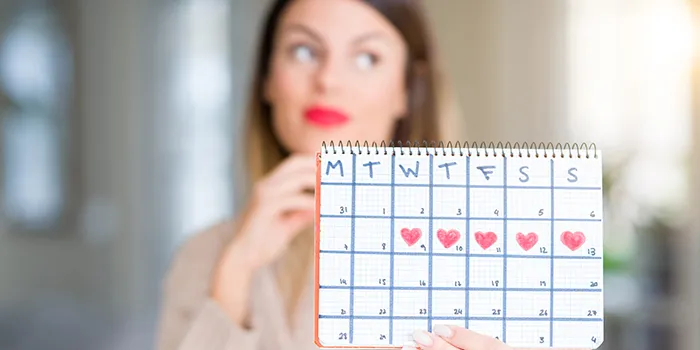A growing movement aims to destigmatize menstruation, better educate girls and women about periods, and provide necessary menstrual hygiene products to all those who need them. Women with bleeding disorders, who often have heavy menstrual bleeding (menorrhagia) and other period complications, are all too familiar with these issues and thus many have joined this “menstrual movement.”
Taking part in the drive to end period stigma and promote period equity isn’t complicated. In fact, it can be as easy as having a party.
Tackling taboos
For a lot of women, acknowledging the biological fact of their period is one thing, but talking about it openly is quite another. For generations, menstruation has often been a hushed and secretive matter, one rife with taboos and mistaken beliefs. This lack of education and openness can take a toll on the mental and physical health of women and girls.
A common theme heard among women with bleeding disorders, for example, is that they didn’t know if their heavy menstrual bleeding was normal or not—even if they had female relatives who experienced similar symptoms. And because of the stigma attached to discussing their periods, many felt confused and worried.
Have a period party
Now women are pushing the secrecy and stigma of periods to the side and opening up about their experiences at so-called “period parties.” The National Hemophilia Foundation (NHF) hosted one such gathering at its 71st Bleeding Disorders Conference in Anaheim, California, in 2019.
At the period party conference session, attendees discussed the societal stigma around menstruation as well as issues of period equity, like ready access to tampons and pads and the fact that 33 states still charge sales tax on these and other period-related products. The discussion took place as conferencegoers boxed up donated menstrual supplies for delivery to Grandma’s House of Hope, an Orange County nonprofit that fights homelessness, poverty and hunger.
You can host your own period party and make a difference in the lives of those in attendance as well as girls and women within your wider community. A period party can be a small gathering of friends and family, which may encourage attendees to share their stories, or a larger get-together. One idea is to approach your NHF chapter about organizing an event—one that combines bringing more attention to bleeding disorders in women with a social service element. Or if your chapter hosts a women’s retreat or conference, talk with the organizers about adding a period party to the program.
A successful period party doesn’t have to be complicated. Ask guests to bring boxes of tampons, pads, liners, feminine hygiene wipes and large plastic resealable zipper storage bags. Partygoers can pack up supplies to donate to area women’s shelters as well as to schools that need help stocking bathrooms and the nurse’s office. If you need help finding a shelter to donate to, The Homeless Period Project, a nonprofit based in Greenville, South Carolina, focused on providing menstrual hygiene products to women living in shelters and on the street, is happy to assist you.
Another resource to learn more about issues of period equity and poverty’s effects on women’s menstrual health is the nonprofit Period. Founded in 2014 by two high school students, Period distributes menstrual supplies across the country through more than 600 chapters. As Period says on its website, “Periods make human life possible—and yet, still today, basic menstrual hygiene is thought of as a luxury.”

